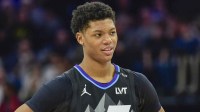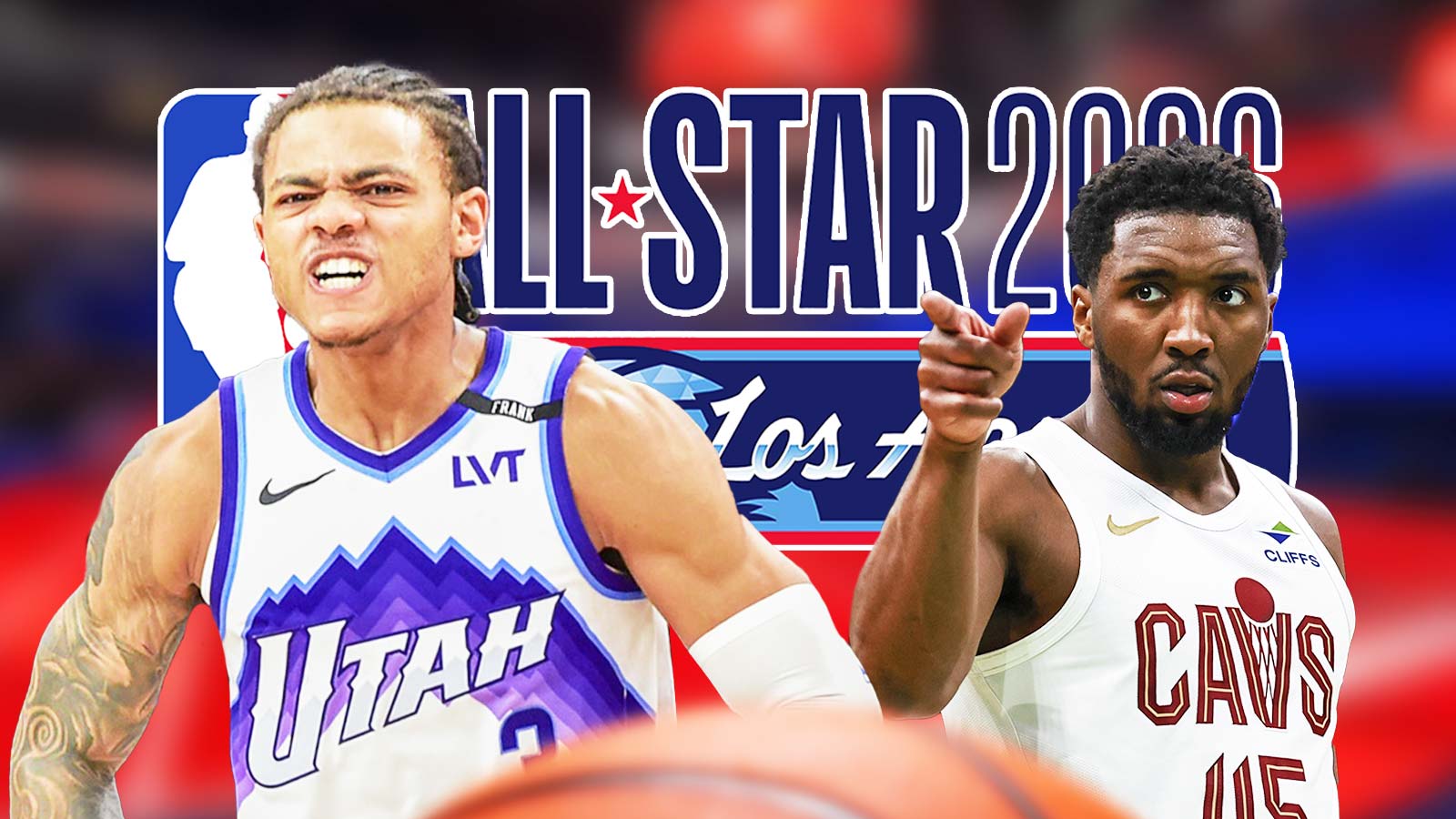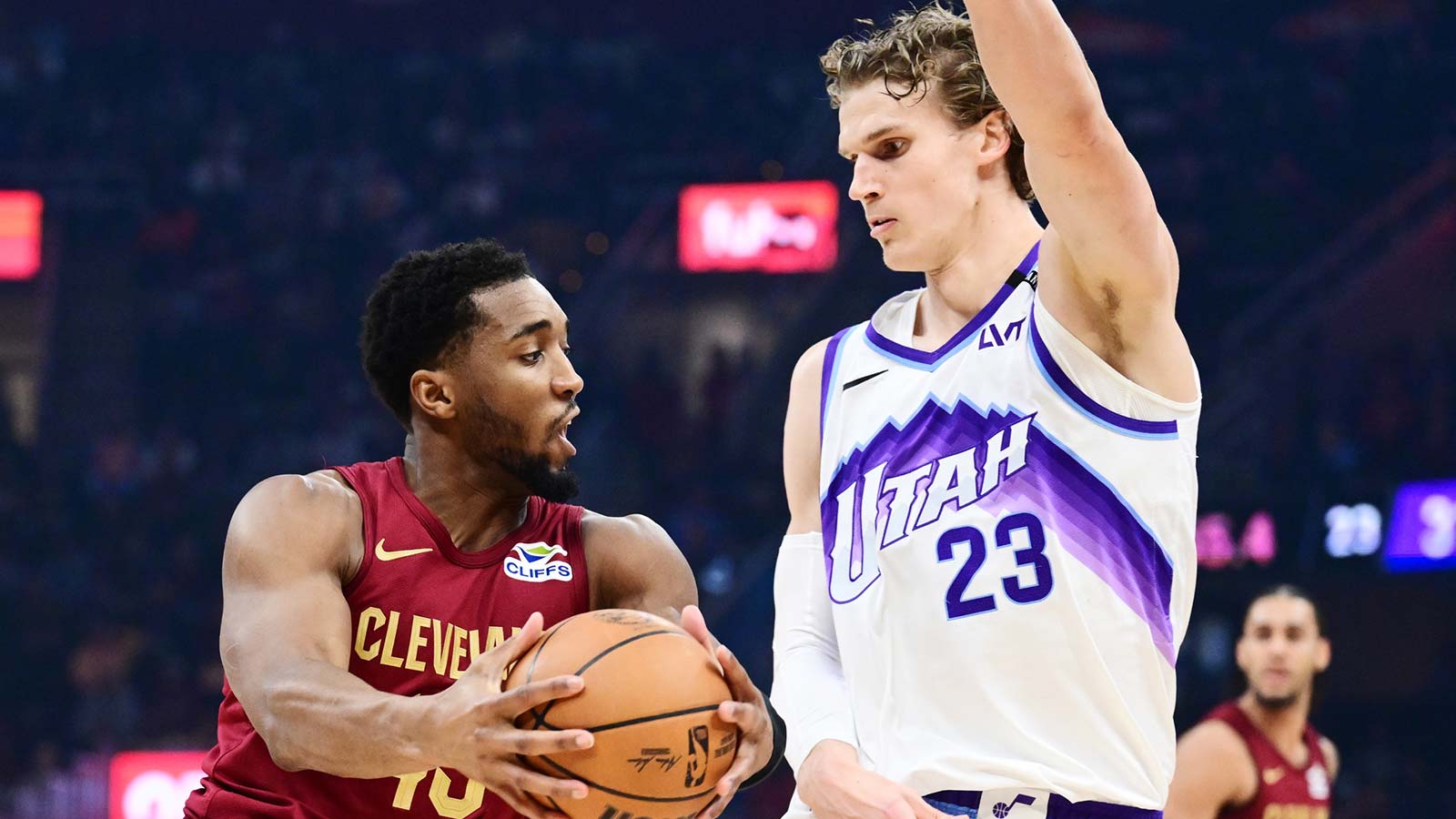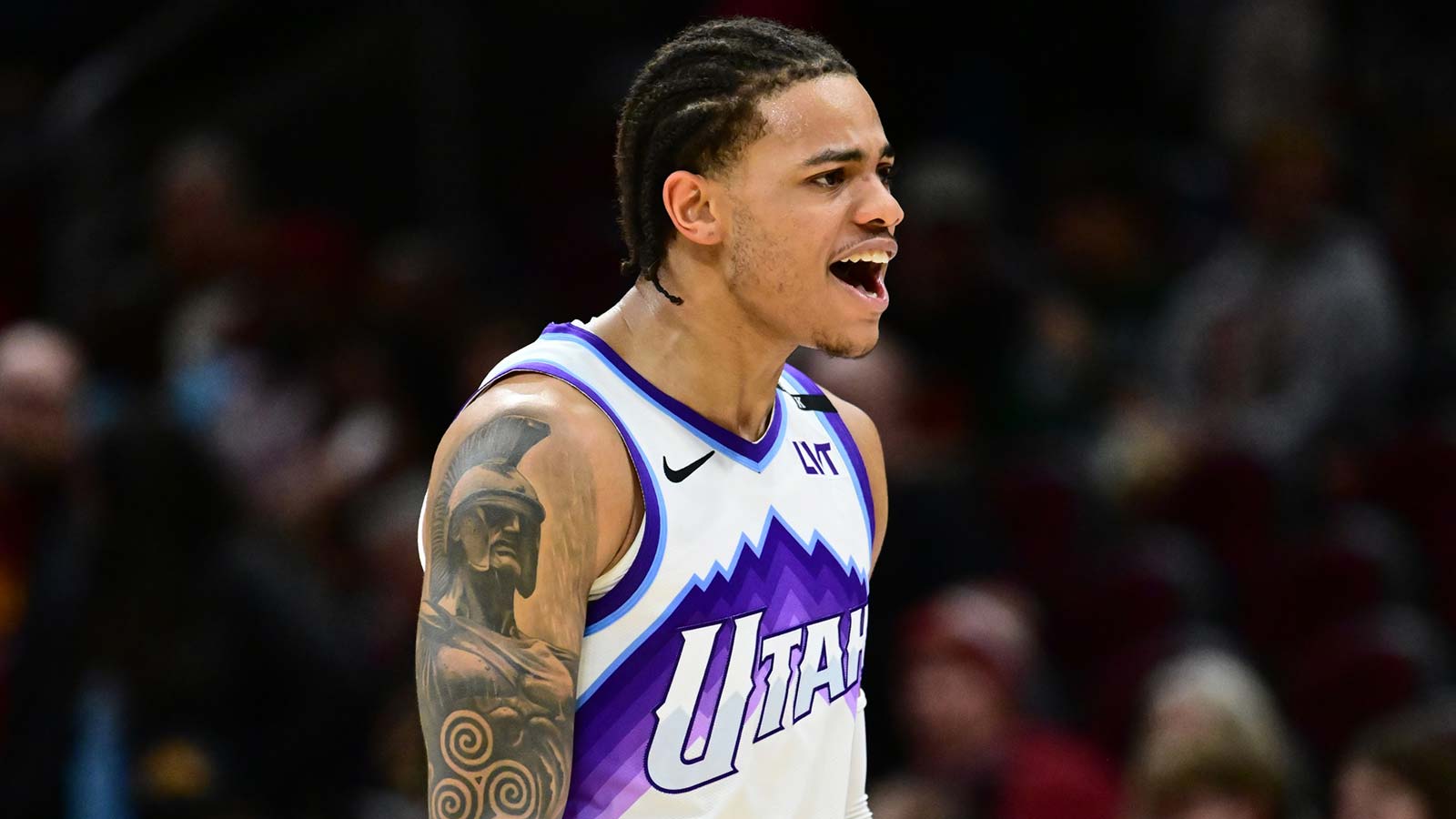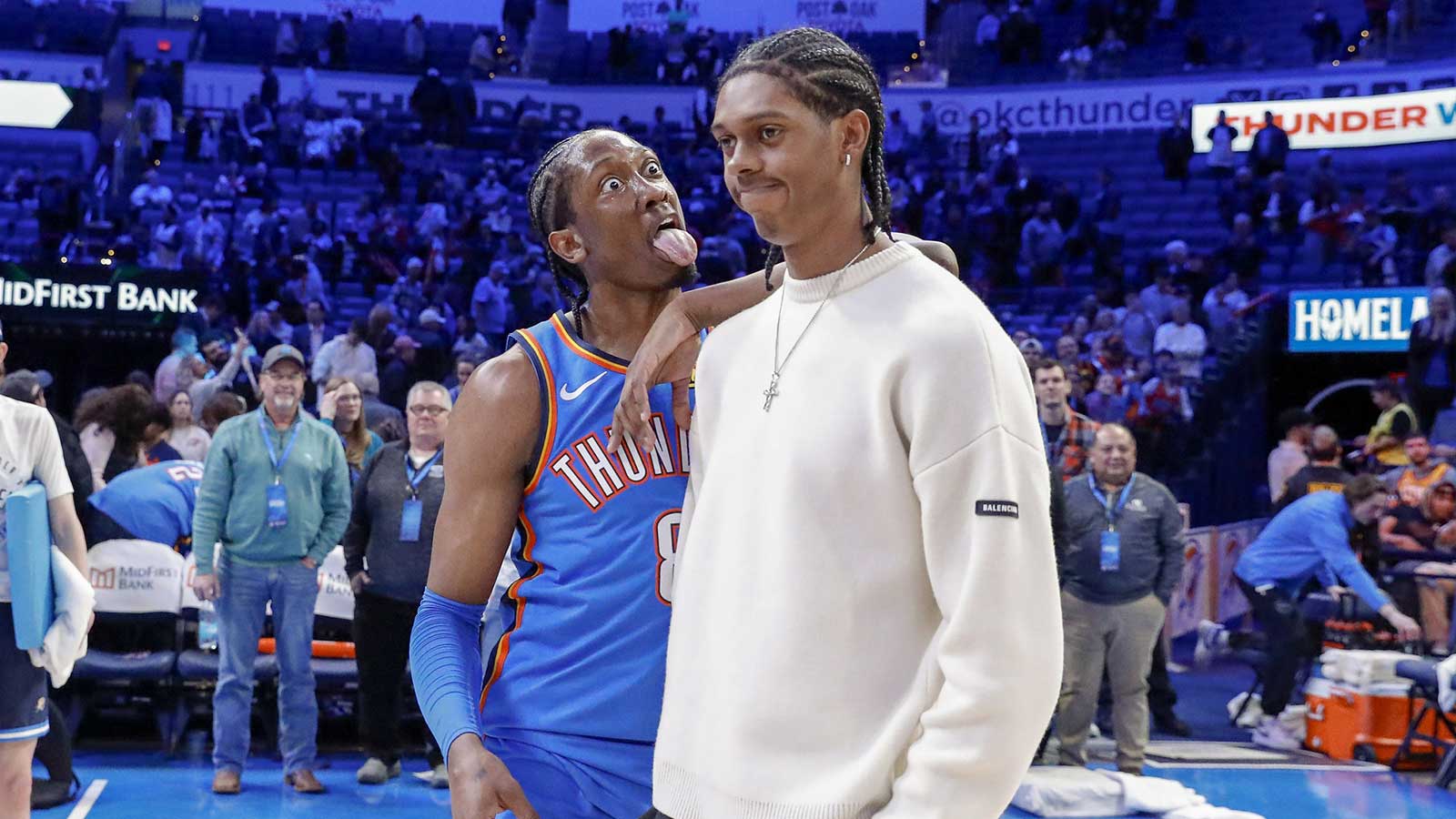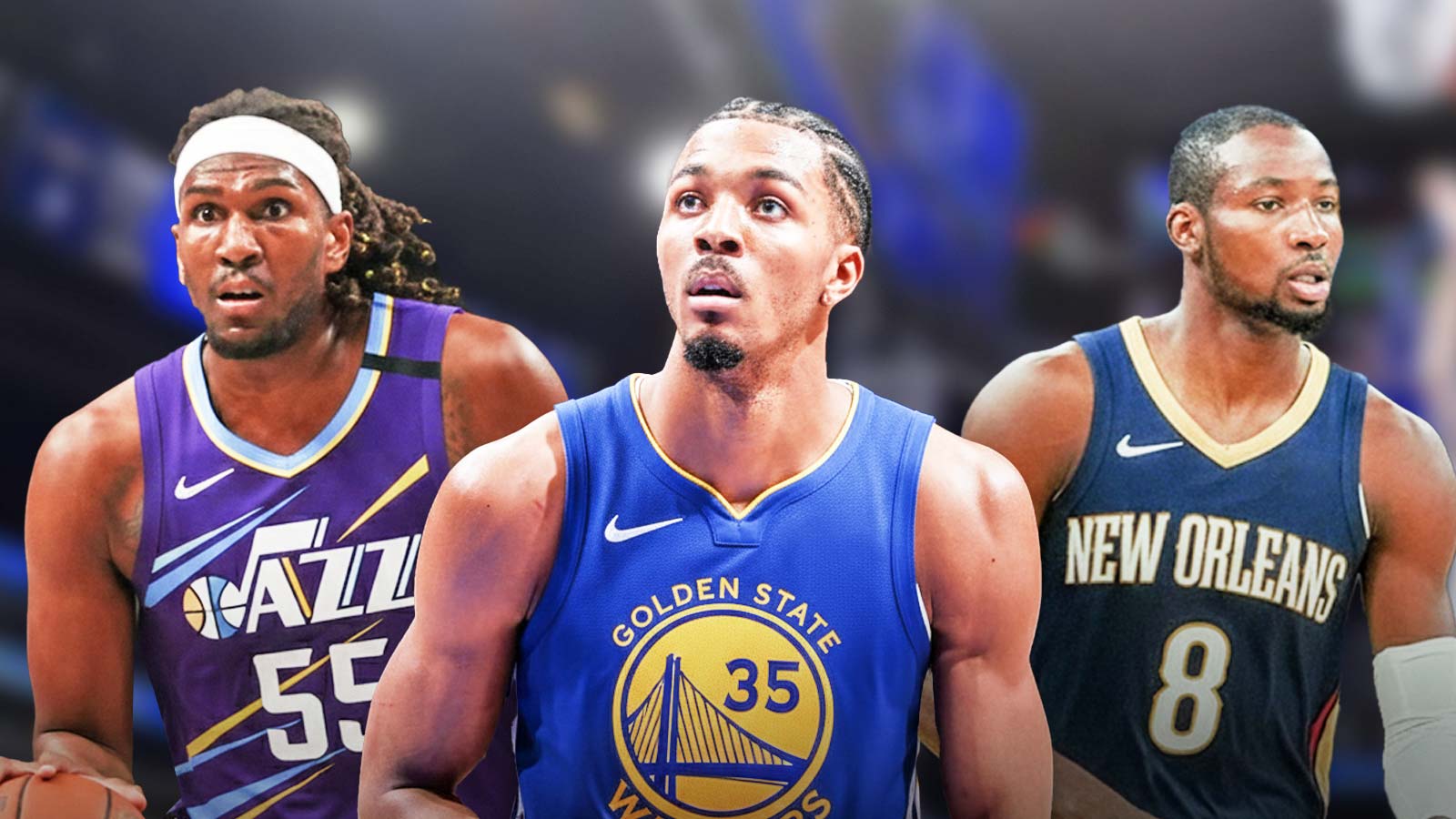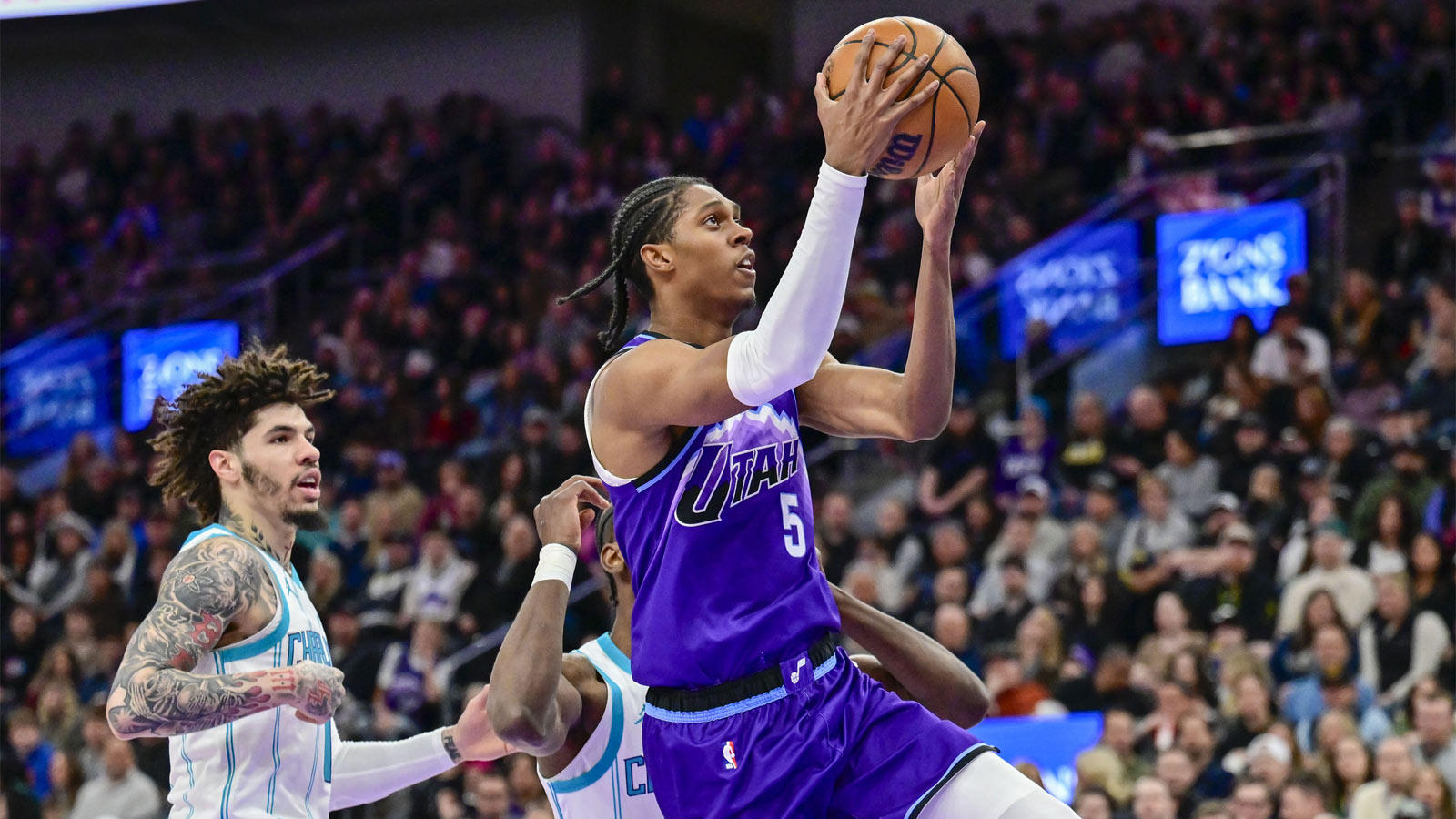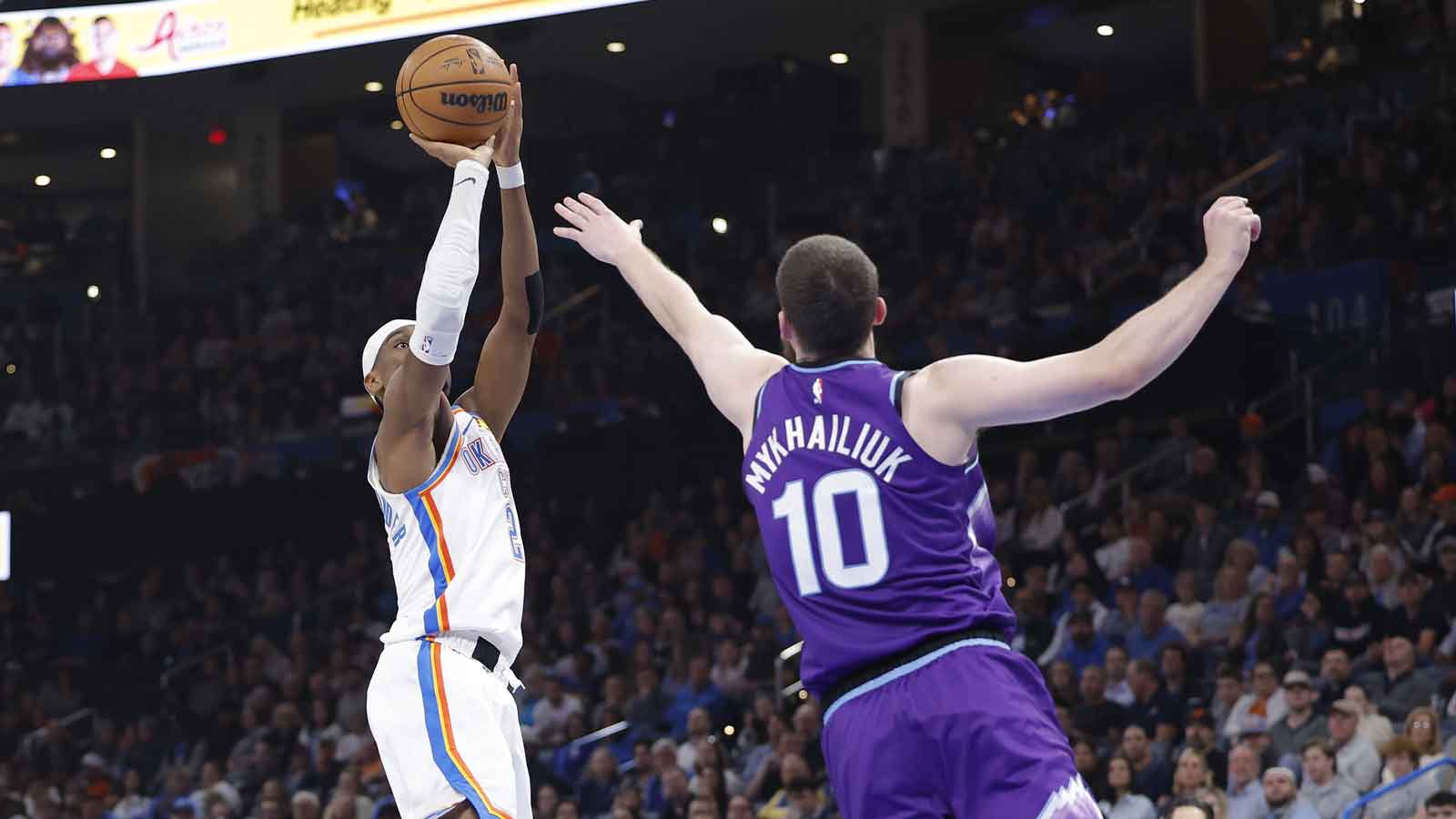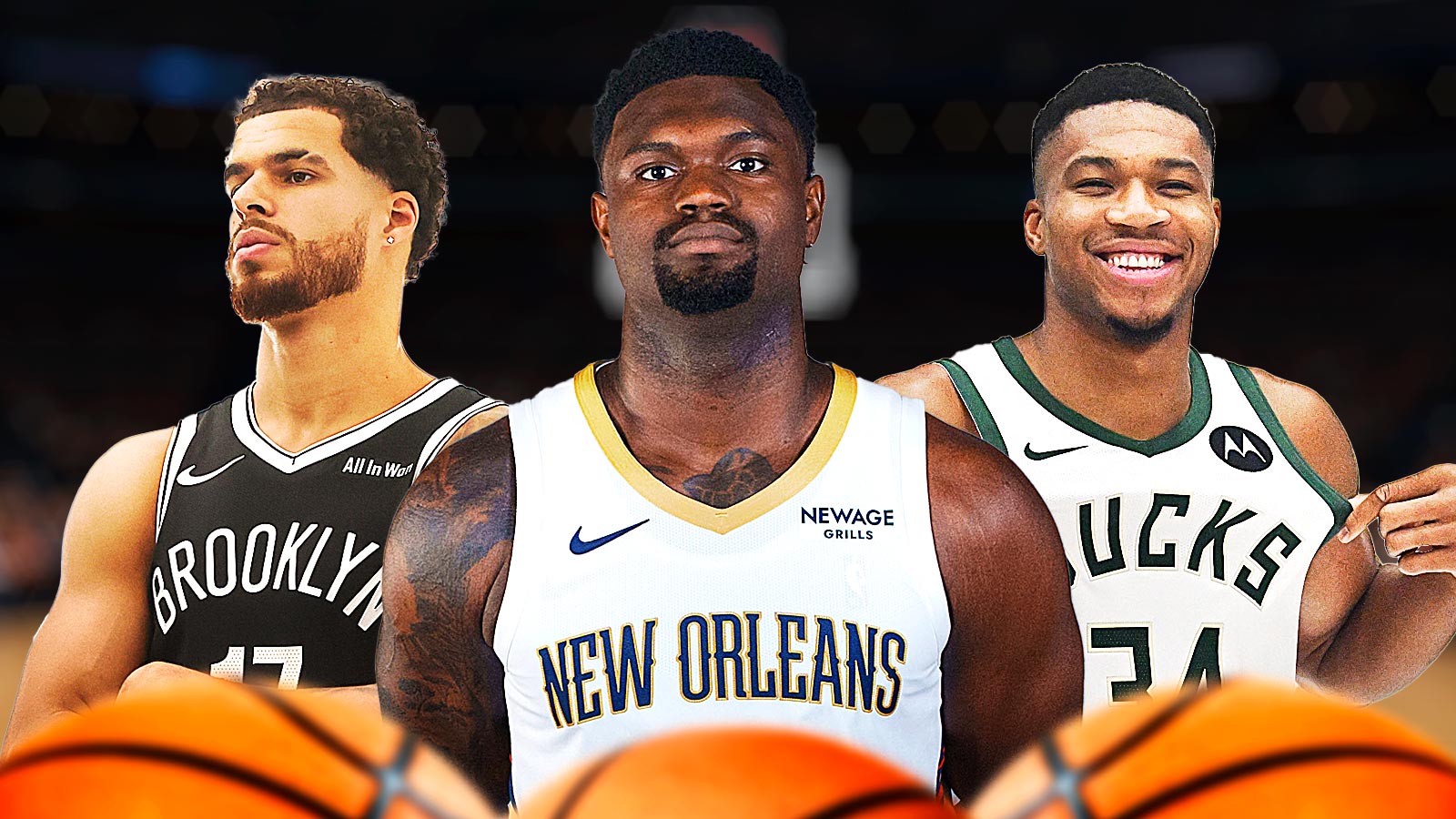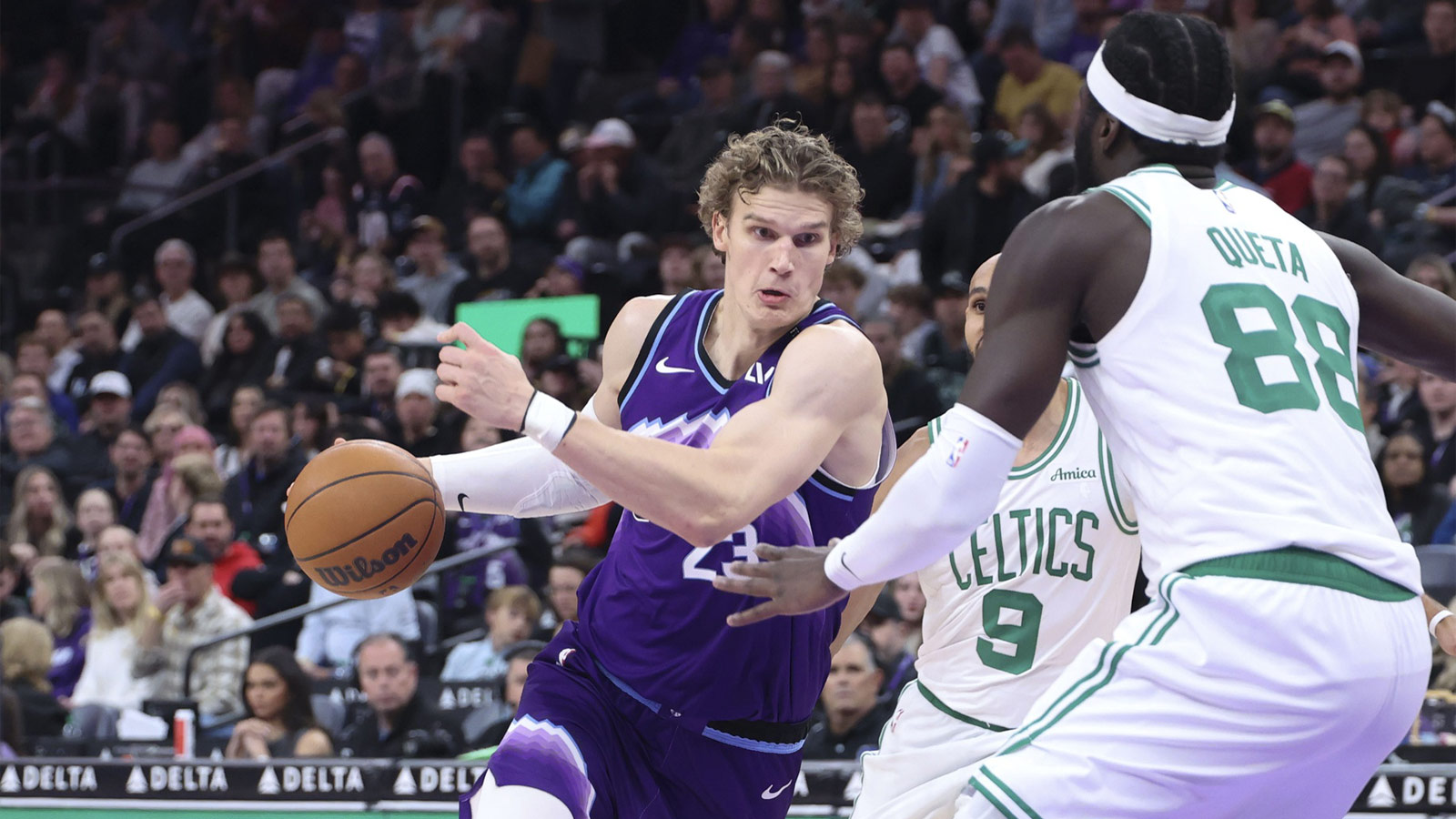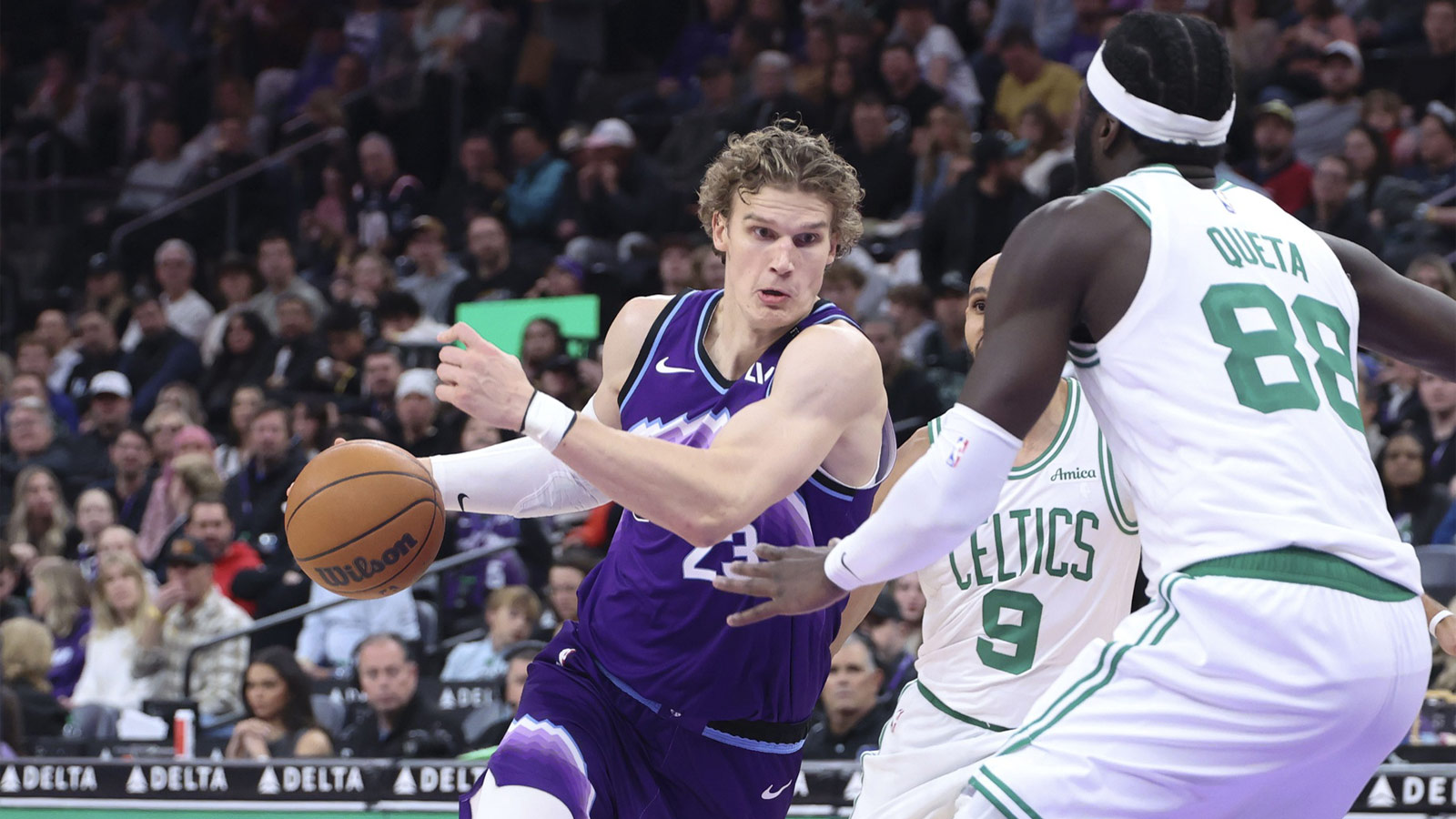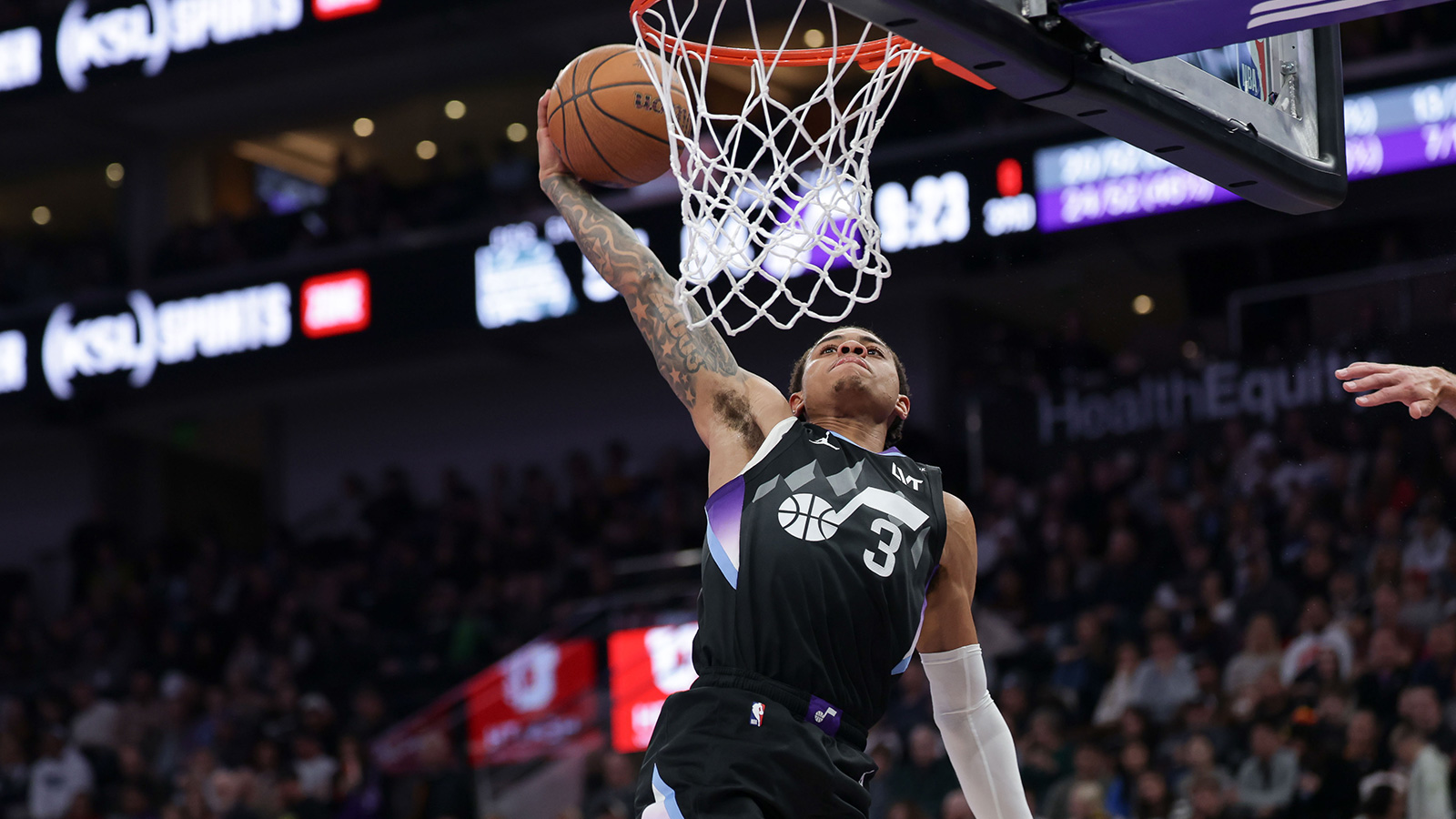“Surreal doesn’t even explain it,” Utah Jazz star Donovan Mitchell says in The Players' Tribune about the night the NBA was shut down.
Arena security running on the floor just moments before tip-off is definitely eerie and unnerving, but that's exactly what happened on March 11 right before Mitchell's Jazz took on the Oklahoma City Thunder:
“We knew some people were feeling sick, but it didn’t even enter our minds that somebody could have coronavirus. Back then, it was still such an unknown thing. It was something you saw on the news. It wasn’t real life, you know? So when the dudes in the Men in Black suits came running out onto the floor, my first thought was literally, O.K., there’s probably a leak in the ceiling or something.”
The Jazz-Thunder game was stopped by referees just before it was about to begin. From coaches to players to the game officials to the crowd … the world waited in anticipation to hear what exactly was going on:
Mitchell recalled the eight-hour lockdown and how everyone’s phones just started ringing. He says the anxiety forced the entire team to just shut off communication from the outside. For the young Jazz star, that moment was “profound” as it opened the doors for reflection in the midst of all the chaos:
“We learned a lot about one another in that moment. And I know this is going to sound weird, but when I think back on those seven hours, it was a really important moment in my life. It was deep,” he writes. “In the back of your mind, you’re not thinking about basketball. You’re thinking about everybody and everything you love. Your mom, your sister, your dog, your mom’s sweet potatoes, your Saturday mornings, your life. And in the midst of all that, we were talking and laughing and telling stories.”
Mitchell has his own experience being diagnosed with the virus:
“When I tested positive myself, I was in full isolation at my mom’s house in Connecticut. They put me down in the basement with a blanket and an Xbox. No windows. No fresh air. Full-on vampire mode. My mom would leave a plate of food at the top of the stairs for me, and I’d crack the door open and snatch the plate.”
These quiet moments where everything hung in the balance prompted Mitchell to “take a hard look” at his life. The murders of George Floyd and Breonna Taylor and the ensuing surge of the Black Lives Matter movement only exacerbated this.
The 23-year-old guard has a story about a chilling encounter he had with a police officer while at Louisville:
“When I was in college at Louisville, I was driving in a car with a few of my teammates when we got pulled over by a white police officer. We all know how this can go. You have three or four young Black men getting pulled over in a nice car in a certain neighborhood, and immediately there’s a tension. You feel it in your chest. You’re thinking, Is this going to be the moment?”
“He literally says, ‘The only reason why I’m letting you go is because I love your coach.’ We were all wearing our Louisville gear.”
For many black athletes, their athleticism and connection with the sports is their “armor” against the racist structures pervasive in society. Mitchell insists that those who want to wear his jersey must be aware of what he believes in, who he speaks for, and what he represents:
“If you’re rocking my jersey while we’re going for the title, do me a favor and don’t just shout out my name. If you’re rocking my jersey, shout out, ‘Justice for Breonna Taylor.’”
The Jazz star is ready to make a difference.






